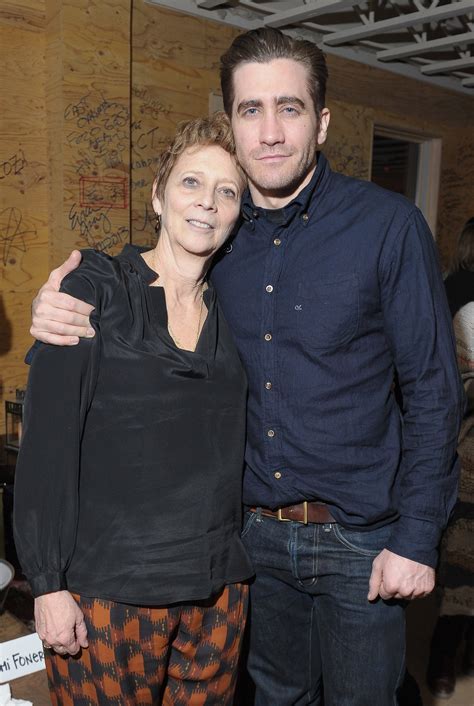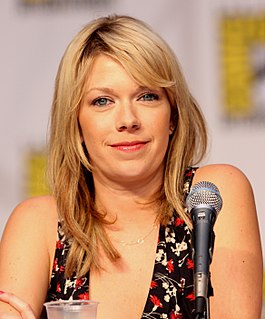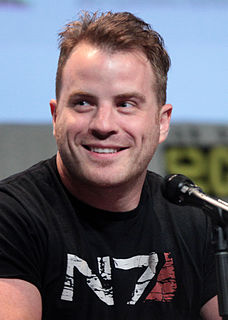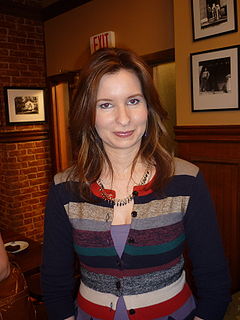A Quote by Naomi Foner Gyllenhaal
It's very hard to be a screenwriter. I remember getting a couple of awards. I got a PEN West award a million years ago when I did Running on Empty, and I sat in the room with all these writers. They wrote everything from novels to non-fiction to children's books to journalism - any kind of writing - and I realized that there was no one in the room who would ever read anything I'd written.
Quote Topics
Any
Anything
Award
Awards
Books
Children
Children's Books
Couple
Did
Empty
Ever
Everything
Fiction
Getting
Got
Hard
I Realized
Journalism
Kind
Million
Million Years
Non-Fiction
Novels
Pen
Read
Realized
Remember
Room
Running
Sat
Screenwriter
Very
West
Would
Writers
Writing
Written
Wrote
Years
Years Ago
Related Quotes
I did not always know I would be a writer. Until I had a room of my own, I did not write much at all - no more than any other child who read a lot of books. I began to write fiction and poetry when I first had a room that was truly my own with a door that shut and some measure, however fragile, of privacy.
I used to feel for years and years and years that I was very remiss not to have written a novel and I would question people who wrote novels and try to find out how they did it and how they had got past page 30. Then, with the approach of old age, I began to just think: “Well, lucky I can do anything at all.
A couple of pieces of advice for the kids who are serious about writing are: first of all, to read everything you can get your hands on so you can become familiar with different forms of writing: fiction, non-fiction, poetry, journalism. That's very important. And also keep a journal. Not so much, because it's good writing practice. Although it is, but more because it's a wonderful source of story starters.
In high school, I had a teacher there who was really great to me and with whom I finally dared to admit I wanted to be a writer myself, and we did a project where I wrote terrible, 17-year-old fiction. But I remember a couple of the stories. I'd love it if I could read with pride something that I wrote that long ago, but it hasn't happened yet.
[The Doctor, Capt. Jack and Rose are cornered by the empty children.] The Doctor: Go to your room! Go to your room! I mean it. I'm very, very angry with you. I'm very, very cross! GO! TO! YOUR! ROOM! [The children lurch away and obey him.] I'm really glad that worked. Those would have been terrible last words.
Many years ago I had two small children, and I wanted to be able to be home when they got home from school. And I didn't like the direction journalism was taking. I thought if I could write books, I could work at home and have the best of both worlds. I wrote my first mystery while still working full time, and it didn't sell, but the next one did sell, so I quit my job for the world of fiction. Scary, but I've never regretted it for a single day.
Total oblivion is the fate of almost everything in this world. I'm very likely to suffer that same fate; my work will probably not be remembered, and if any of it is, if any of those novels is fated to be one of those novels that is still being read 50 or 100 years after it was written, I've probably already written it.
As a kid, I was a big reader. Books and theater were the way I understood the world, and also the way I organized my sense of morality, of how to live a good life. I would read all night. My mom would come into my room and tell me I had to go to sleep, so I would hide books under my bed. At first I had a tough time getting through novels, so I read plays, because a play is generally shorter and has all those tools for getting people hooked early on.






































